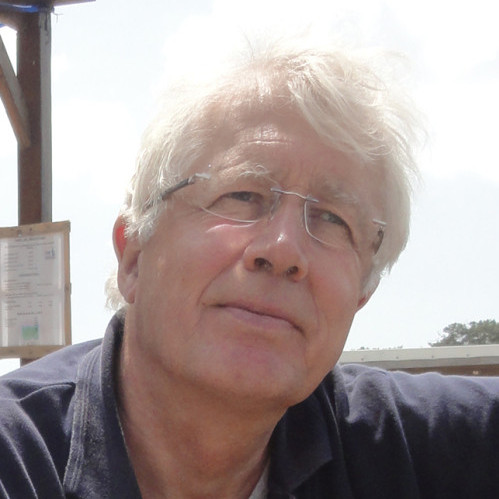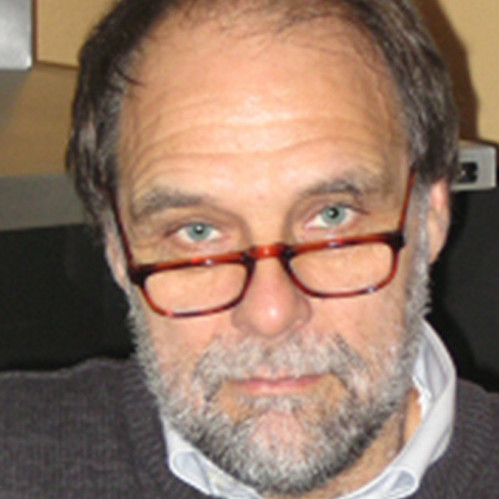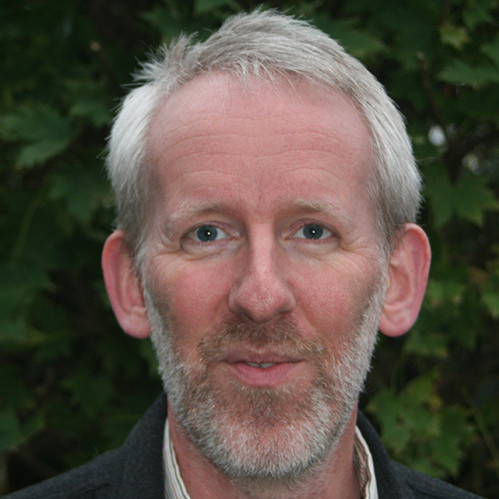About RIVM
The National Institute for Public Health and the Environment (RIVM) performs tasks to promote both public health, and a healthy and safe living environment. The principal task of RIVM is to conduct research and collect knowledge worldwide. Results are used to support the governments in formulating their policies. RIVM’s tasks are amongst others research, policy support, national coordination, intervention programmes, and provision of information to professionals and the general public. RIVM is responsible for providing impartial and reliable information to members of the public and professionals who work in the fields of health care, infectious diseases, medicines, the environment, and nutrition and safety. Our objective is to make optimum use of scientific knowledge and expertise, and then make this knowledge and expertise accessible.
The Centre for Sustainability, Environment and Health ist he key RIVM-Centre involved in SOLUTIONS. The experts of this Centre have laid the foundations for various internationally adopted approaches in preventing and managing ecological impacts of chemicals, and highly experienced in emission-, fate-, risk and impact modeling, which is applied in national and international projects.
Adress
Antonie Van Leeuwenhoeklaan 9,
3721 MA Bilthoven,
The Netherlands
Role in the SOLUTIONS project
- Contributions to Project coordination and management
- Contributions to Work Packages 1, 3, 4, 5, 6, 8, 12, 14, 16, 18 (especially statistical and food-web related impact assessments)
- Lead of Work Package 15, „ Sources and Emission model“
Main scientific contributions
- Sources and Emission models
- Ecological risk and impact modeling
- Abatement strategies
- Solution-focused approaches
- Compound prioritisation
- Chemical footprinting
- Boundary definitions
- Integrated Data Portal for SOLUTIONS (IDPS)
- RiBaTox (concept, approach and various tools)
Member portraits
Dick de Zwart
Function within the SOLUTIONS project:
contributor IDPS construction, task leader ecological risks via SSDs, contributor aforementioned list of scientific contributions
Dick de Zwart (Dr.) has worked since 1980 at various RIVM-centers in the fields of ecology and ecotoxicology and disaster preparedness. These RIVM departments have a global reputation in the design and execution of ecological risk assessments and ecosystem diagnosis. He developed methods to predict or quantify ecosystem effects based on observed or predicted exposure concentrations of chemicals, to diagnose the presence and relative importance of such effects, given the impacts of other stressors, and to provide prognoses on the efficacy of alternative risk management strategies in the context of sustainability. He is an expert in executing eco-epidemiological studies on attributing field observed effects to multiple underlying causation and mixture toxicity. He was leading and participating in multi-year training programs for ecotoxicologists in India, Cyprus and the Slovak Republic, and led two WPs in EU FP6 project MODELKEY. He has started the RIVM e-toxBase, which currently contains more than 188.000 ecotoxicity data in a semantic database format, relevant for suits of problem definitions. He authored and co-authored many publications, acted as book editor and co-editor, and delivered practical (web)tools for policy and practical use, amongst others the UN-tool for global management and preparedness on disasters.

Dik van de Meent
Function within the SOLUTIONS project:
task leader emission modelling, contributor aforementioned list of scientific contributions
Dik van de Meent (1950) leads the RIVM activities in identifying chemical substances in current and future use, estimating their expected release rates into the (aquatic) environments at sub-catchment scale. Van de Meent is senior environmental chemist at RIVM; he teaches environmental fate modeling at Radboud University Nijmegen. He has served RIVM, Radboud University and the European Commission in various research and consultancy functions. One of his past activities is the development of multi-media environmental fate modeling procedures for describing and predicting exposure concentrations of new and existing chemical substances (SimpleBox, EUSES). Besides his work for the SOLUTIONS project, he currently studies possibilities for quantifying and monitoring the combined ecological impacts (on humans and ecosystems) of chemical substances registered under REACH.

Leo Posthuma
Function within the SOLUTIONS project:
RIVM-task coordinator, task leader ecological risks, contributor aforementioned list of scientific contributions
Leo Posthuma is the SOLUTIONS project leader at RIVM, whilst his activities in SOLUTIONS are focused on solution-focused approaches, future pollution, abatement strategies, chemical footprinting, ecological boundaries, and ecological risk assessment. The Centre for Sustainability, Environment and Health focuses on the development and use of innovative solution-focused as well as sustainability-oriented approaches in environmental and health policies, amongst others on the exploration of science-based options for solving issues on environmental contamination in a multi-stress context, with a special emphasis on risk- and sustainability assessments of alternative validated management scenarios, chemical footprinting, ecology-driven boundary definition, and all scientific disciplines involved in that task (emission assessment, fate and behavior assessment, species sensitivity assessment, food web vulnerability assessment, eco-epidemiology). Leo (co)authored books on species sensitivity distributions and extrapolation practices in the field of risk assessment, initiated collaborations within the EU and globally in these fields, and participated amongst others in the EU-projects MODELKEY, EUFRAM, and NoMiracle.

Christian Mulder
Function within the SOLUTIONS project:
task leader ecological impacts i.r.t. food webs, contributor aforementioned list of scientific contributions
Christian Mulder (Dr.) has worked at RIVM as Research Staff Member and is involved in developing and validating allometry and machine learning for the early assessment of ecological risks to evaluate different management practices and environmental pressures on soil invertebrates and freshwater networks. He studied geobiology at the First Roman University “La Sapienza” (Italy), where he received the national PhD in ecology in 1996, and worked until 2000 at the Utrecht University, the Netherlands, on the role of fungi and vascular plants as monitor, motor and moderator of environmental changes. During the last two decades, his main interest remained the interplay between landscape ecology, trait ecology and global changes at the terrestrial interfaces. He authored and co-authored over 80 peer-reviewed publications.